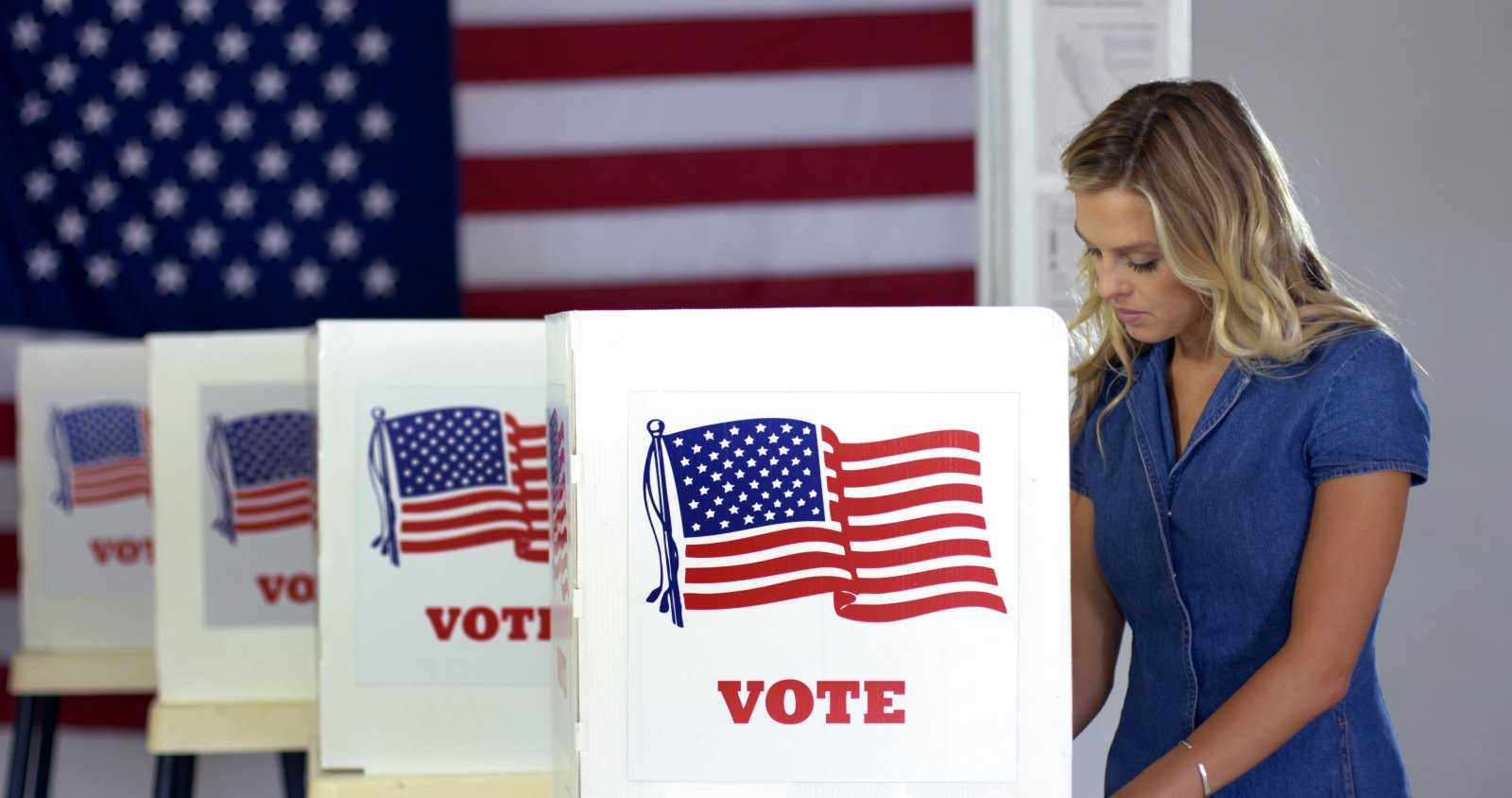Ignorance isn’t just a personal shortfall; it’s a public hazard. Here are 20 devastating ways that lack of knowledge and misinformation are harming the United States:
1. Climate Change Denial

Image Credit: Shutterstock / I. Noyan Yilmaz
Ignoring the overwhelming scientific consensus on climate change exacerbates severe weather events, rising sea levels, and catastrophic environmental degradation. In 2020, climate-related disasters cost the U.S. $95 billion.
2. Vaccine Hesitancy

Image Credit: Shutterstock / SeventyFour
Misinformation about vaccines leads to lower vaccination rates, resulting in preventable outbreaks of diseases like measles and whooping cough. In 2019, the U.S. saw its highest number of measles cases since 1992.
3. Neglecting Mental Health

Image Credit: Shutterstock / PeopleImages.com – Yuri A
Stigma and ignorance about mental health keep people from seeking help, leading to a rise in suicide rates and untreated conditions. Suicide is the 10th leading cause of death in the U.S., with over 47,500 deaths in 2019.
4. Opioid Epidemic Misunderstanding

Image Credit: Shutterstock / fizkes
Misunderstandings about addiction have fueled the opioid crisis, with insufficient education on pain management and substance abuse leading to thousands of deaths. In 2020, there were nearly 70,000 opioid overdose deaths in the U.S.
5. Poor Dietary Knowledge

Image Credit: Shutterstock / SeventyFour
Lack of nutritional education contributes to high rates of obesity, diabetes, and heart diseases, leading to premature deaths and soaring healthcare costs. Over 42% of American adults are obese, increasing their risk for various health conditions.
6. Financial Illiteracy

Image Credit: Shutterstock / christinarosepix
A lack of basic financial education leads to poor personal financial management, contributing to high levels of debt and inadequate savings for emergencies or retirement. American household debt has reached $17.3 trillion.
7. Healthcare Misinformation

Image Credit: Shutterstock / Hananeko_Studio
Misinformation regarding healthcare treatments and conditions can lead to people foregoing necessary medical treatments or opting for harmful alternatives. This can result in higher mortality rates and chronic health issues.
8. Ignoring Early Childhood Education

Image Credit: Shutterstock / fizkes
Underestimating the importance of early childhood education can affect cognitive and social development, impacting future educational and career achievements. Children who attend quality preschool programs are 25% more likely to graduate high school.
9. Starvation and Food Insecurity

Image Credit: Shutterstock / Littlekidmoment
Misunderstanding and ignoring the issues surrounding food insecurity and poverty lead to malnutrition and starvation, even in a wealthy country like the U.S. One in 8 households (12.8 percent) experiences food insecurity.
10. Infant Mortality Rates

Image Credit: Shutterstock / PR Image Factory
Lack of knowledge about prenatal care and infant health care options contributes to the U.S. having a higher infant mortality rate compared to other developed nations. The U.S. has an infant mortality rate of 5.6 deaths per 1,000 live births.
11. Unnecessary Military Interventions

Image Credit: Shutterstock / Bumble Dee
Insufficient understanding of foreign cultures and geopolitics can lead to misguided military actions that cause needless loss of life among armed forces and civilians. The war in Iraq, based on faulty intelligence, resulted in over 4,500 American military deaths.
12. Maternal Mortality

Image Credit: Shutterstock / SB Arts Media
Ignorance about women’s health issues leads to the U.S. having a rising maternal mortality rate, one of the highest in the developed world. The U.S. maternal mortality rate is 23.8 deaths per 100,000 live births, with significant racial disparities.
13. Environmental Pollution

Image Credit: Shutterstock / Deemerwha studio
Lack of awareness about the impact of pollution contributes to environmental degradation, affecting health and quality of life. Air pollution alone is responsible for an estimated 200,000 premature deaths annually in the U.S.
14. Gun Violence

Image Credit: Shutterstock / Dragan Mujan
Misconceptions about gun safety and the effectiveness of gun laws contribute to high rates of gun violence and accidental shootings. Over 42,000 people died as a result of gun injuries in the U.S. in 2023, with 35% being homicides and 56% suicides. How many of these could have been prevented?
15. Civil Rights Ignorance

Image Credit: Shutterstock / fizkes
Ignorance of the historical and ongoing struggles for civil rights leads to the perpetuation of racial and gender discrimination and inequality. This ignorance fuels systemic racism and gender bias in various aspects of society.
16. Rejecting Renewable Energy

Image Credit: Shutterstock / jittawit21
Misunderstanding the benefits and feasibility of renewable energy sources hampers efforts to reduce dependence on fossil fuels and mitigate environmental impact. Renewable energy accounts for only 21.4% of U.S. energy consumption.
17. Voting Misinformation

Image Credit: Shutterstock / vesperstock
Misinformation about voting procedures and rights can disenfranchise voters and impact election outcomes, undermining democracy. Inaccurate claims of voter fraud can erode public trust in electoral systems.
18. Disregarding Public Safety Laws

Image Credit: Shutterstock / StockPhotosLV
Ignorance about the importance of public safety laws leads to non-compliance with regulations designed to protect health and safety, such as traffic laws and workplace safety regulations. This non-compliance can result in accidents and fatalities.
19. Resistance to Change

Image Credit: Shutterstock / fizkes
A lack of understanding of social, technological, and economic changes leads to resistance to necessary reforms and innovations, stifling progress. This resistance can prevent the adoption of beneficial policies and technologies.
20. Educational Disparities

Image Credit: Shutterstock / as-artmedia
Ignoring or misunderstanding the causes of educational disparities perpetuates inequality and limits opportunities for a large segment of the population. Students in underfunded schools are less likely to succeed academically and professionally.
What Will It Take to Learn?

Image Credit: Shutterstock / Yuganov Konstantin
In the face of such devastating impacts, the question remains: will we educate ourselves and act, or continue down a path of ignorance? Isn’t it time to choose knowledge over neglect?
Featured Image Credit: Shutterstock / SergeBertasiusPhotography.
For transparency, this content was partly developed with AI assistance and carefully curated by an experienced editor to be informative and ensure accuracy.
The images used are for illustrative purposes only and may not represent the actual people or places mentioned in the article.


